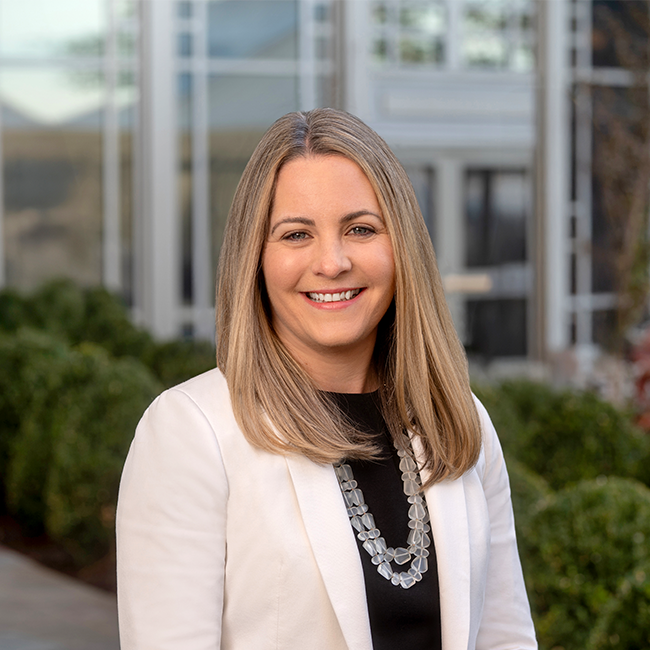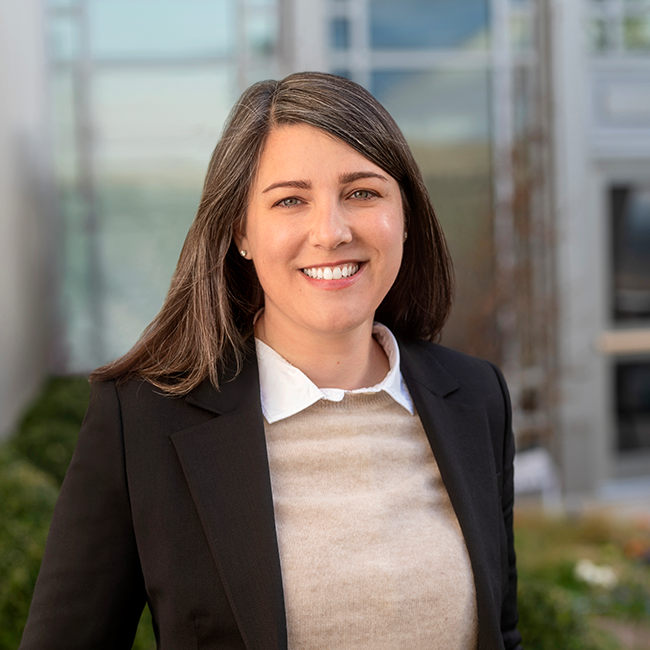
September 15, 2025 (Washington, DC)—The Kissick Family Foundation, in partnership with the Milken Institute Science Philanthropy Accelerator for Research and Collaboration (SPARC), today announced that the Kissick Family Foundation Frontotemporal Dementia (FTD) Grant Program has awarded four two-year grants to basic and early-stage translational research teams to advance scientific understanding of the neurodegenerative disorder. These philanthropic grants total $2 million in new funding toward FTD research. The two partners have also announced the grant program’s third round of funding—now accepting research applications—which will continue to build a fundamental understanding of sporadic FTD. Through this program, the Kissick Family Foundation is investing in research that accelerates basic discoveries, expedites novel treatment options, and ultimately improves patient outcomes for people living with FTD.
The program’s second cohort of awardees comprises the following teams of researchers at the following institutions:
University College London, led by Karen Duff, PhD
Washington University School of Medicine in St. Louis, led by Timothy Miller, MD, PhD
Mayo Clinic Jacksonville, led by Mercedes Prudencio, PhD
Mayo Clinic Jacksonville, led by Wilfried Rossoll, PhD
These projects represent diverse approaches to advancing FTD discovery—from uncovering fundamental disease mechanisms to testing innovative therapeutic strategies. Together, they aim to shed light on how FTD develops, identify potential treatments, and broaden the scientific foundation needed to address this complex disease. More information on these projects can be found here. This second cohort of awardees joins the grant program’s inaugural cohort of six research teams.
The Kissick Family Foundation has also launched a third year of the grant program and now invites independent researchers whose work is applicable to FTD to explore the request for proposals (RFP). Letters of intent are being accepted through November 3, 2025. Individual researchers are eligible for up to $500,000 in funding over two years, inclusive of indirect costs. Awardees for this funding cycle should expect to be notified mid-year in 2026.
"We’re at a critical moment for science, when sustained investment is more important than ever—especially for frontotemporal dementia research,” said Kasey Kissick, co-president of the Kissick Family Foundation. “With more researchers entering the field and new tools like AI, we have the chance to accelerate discovery. Given how few resources have historically been directed to frontotemporal dementia, we’re proud to help push the field forward and bring hope to families like ours."
FTD refers to a family of neurodegenerative conditions that cause changes in behavior, mood, executive function, language, memory, and motor function, and may be the most common form of dementia in people under the age of 60. The average life expectancy is about 7.5 years after symptom onset, and despite its grim prognosis, most patients do not receive care specifically tailored to FTD.
The Kissick Family Foundation’s partnership with SPARC began in 2022 with an analysis of the state of FTD research and funding. The results of those efforts were published by the Milken Institute in Frontotemporal Dementia: A Giving Smarter Guide in November 2023, which identified research areas where focused philanthropic capital will accelerate research progress and enrich the FTD ecosystem.
“At SPARC, we see that progress for FTD and other neurodegenerative diseases can’t come fast enough,” said Cara Altimus, PhD, managing director of SPARC. “That’s why we’re focusing our expertise on science and biomedical philanthropy to spark collaboration, fuel discovery, and build a community united in purpose. At a moment when predicting, preventing, diagnosing, and treating FTD remain out of reach, bold investment in early-stage research is the key to unlocking the breakthroughs that will change lives.”
Media Contact
Sam Roth
[email protected]
About Frontotemporal Dementia
Frontotemporal dementia (FTD) is a group of neurodegenerative disorders marked by deterioration of the brain’s frontal and temporal lobes that affect behavior, language, memory, and motor function. It accounts for 10–20 percent of dementia cases but remains underdiagnosed due to limited awareness and diagnostic complexity. FTD typically affects people between ages 45 and 65, making it the most common form of dementia in those under 60. About 60 percent of cases are identified as sporadic FTD, meaning that they appear to have developed without having inherited genetic mutations or a strong family history of FTD.
The average life expectancy is only about 7.5 years after symptom onset, during which symptoms progress to the point where patients need full-time care—making FTD a devastating diagnosis for patients and their families. There are no definitive diagnostic tools or disease-modifying therapies, and most patients do not receive care specifically tailored to FTD.
About the Milken Institute
The Milken Institute is a nonprofit, nonpartisan think tank focused on accelerating measurable progress on the path to a meaningful life. With a focus on financial, physical, mental, and environmental health, we bring together the best ideas and innovative resourcing to develop blueprints for tackling some of our most critical global issues through the lens of what’s pressing now and what’s coming next. For more information, visit https://milkeninstitute.org/.
Milken Institute Strategic Philanthropy advances the strategic deployment of philanthropic capital to create a better, more equitable world. We tackle persistent societal challenges by giving philanthropists insights, tools, and strategies to take big risks and test bold ideas.
The Milken Institute’s Science Philanthropy Accelerator for Research and Collaboration (SPARC) works to develop, launch, and lead initiatives that fund medical research and invest to accelerate the development of tools and treatments that will bring better health to millions of people. We partner with philanthropists, leading them through complex medical research and clinical systems.
About the Kissick Family Foundation
The Kissick Family Foundation aims to catalyze change through bold and dynamic philanthropy. It provides critical early support for the leaders, researchers, and entrepreneurs who are finding cures, repairing catastrophic damage, and changing entire fields of study. The foundation invests in cutting-edge scientific research and advocacy for neurodegenerative diseases, with a focus on frontotemporal dementia. It is equally committed to backing transformative ideas in the climate space, specifically ocean-based solutions with the potential to mitigate and reverse harm to the planet. The Kissick Family Foundation is led by Kathy, Kasey, and Ryan Kissick.

















